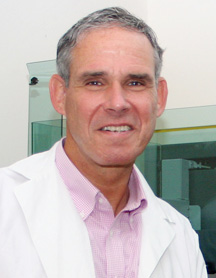Public attitudes remain a barrier to health IT


The American people "need to be convinced" that their private health matters will remain private, he told a panel hosted by the Alliance for Health Reform.
Blumenthal was responding to case studies presented on Denmark, Sweden and New Zealand, all of which have better health IT infrastructure than the U.S.
The solution offered by Tom Bowden, who presented New Zealand's case, was that all stakeholders be involved in the development of solutions, not just a few.
In the U.S. solutions are generally offered by private companies, and implementation is being driven by the government's stimulus cash.
Asked later about the possibilities of social networking in relation to health problems, Blumenthal called automation of records a pre-condition for that.
Even as Blumenthal spoke, venture capitalist Vinod Khosla was re-tweeting the TED Talk of Eric Topol (above), who touted the possibilities of smartphones for collecting medical data. People can monitor their vital signs on a smartphone and will be able to collect that data with the same technology.
But how can they if privacy is creating such barriers to implementation that no one can move anything for fear someone may be overhearing it?